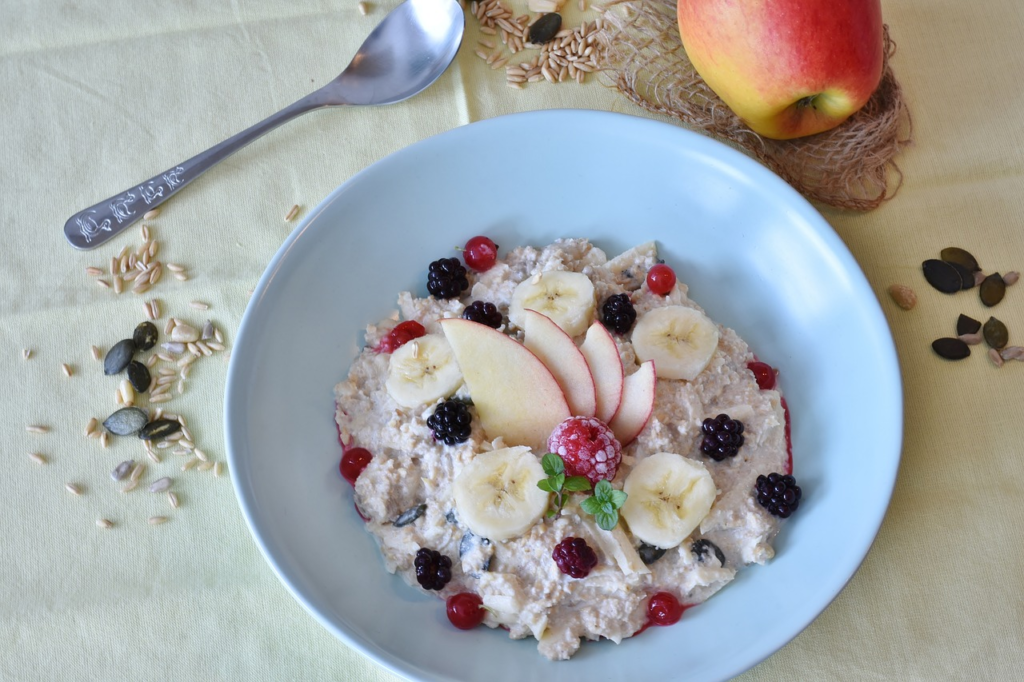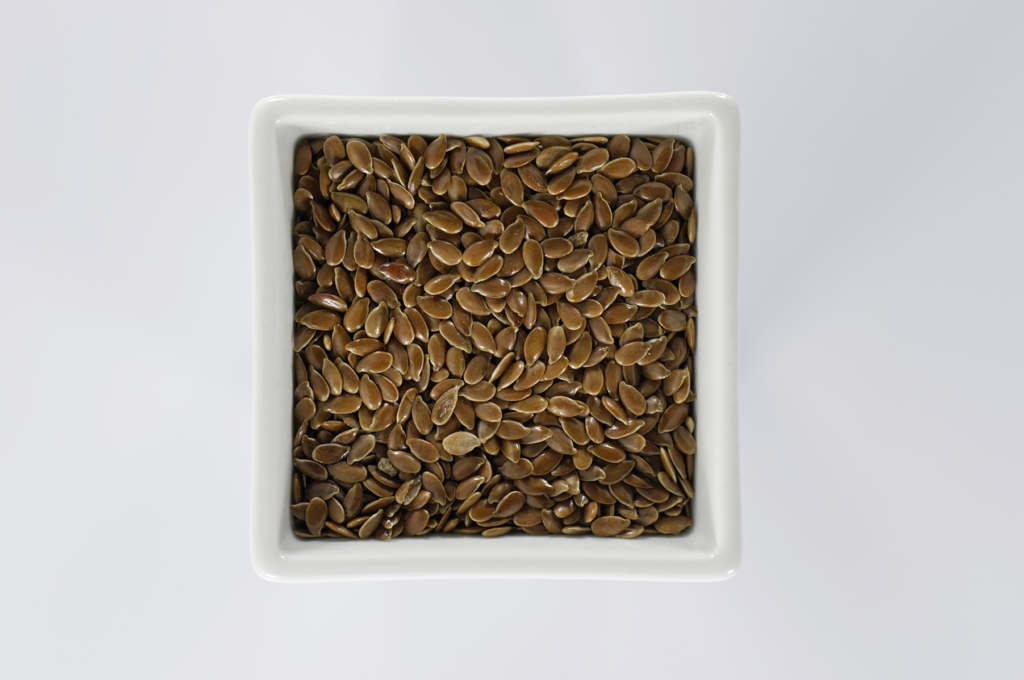The Health Benefits of Fiber

While not always given the respect it deserves, fiber, especially the right types of fiber, can be a major player in overall health. Yet, different types of fiber have different effects. Often referred to as “roughage,” fiber is typically a carbohydrate that cannot be digested by human cells.
Types of Fiber
Fiber is usually divided into two main types: soluble and insoluble. Examples of insoluble fiber include compounds called lignins and cellulose. Mostly associated with benefits for constipation, insoluble fiber helps to bulk up and soften stools, making them easier to pass. Insoluble fiber is found in whole grains, nuts, beans and vegetables.
Unlike insoluble fiber, soluble fiber dissolves in water. Soluble fiber can also act as a prebiotic, a food source for beneficial bacteria throughout the digestive tract. It comes in a number of different forms:
- Pectins
- Beta-glucans
- Inulin
- Fructooligosaccharides (FOS)
- Galactooligosaccharides (GOS)
- And others…
And as for health benefits, the majority seem to be associated with soluble fiber, including for heart disease, gastrointestinal health, diabetes and weight loss. Soluble fiber is found in oats and other grains, beans, vegetables and fruits.
Health Benefits of Soluble Fiber
Cholesterol and Heart Health
In general, soluble fibers have been shown to be beneficial for heart health. And one of the more well-established benefits is for lowering cholesterol (Schoeneck 2021). Soluble fibers can bind up cholesterol and carry it out through the digestive tract, decreasing it’s absorption. Increasing soluble fiber is almost always one of my first recommendations for patients that need to lower cholesterol levels.
Studies have even assessed the potential of fiber to decrease the risk of heart disease overall. A review of the research concluded that people that consumed more fiber reduced their risk of death from heart disease by 17% (Wu 2015).
Irritable Bowel Syndrome
Soluble fiber has also been shown to help with irritable bowel symptoms, while insoluble fiber was not helpful (Nagarajan 2015). Overall, soluble fiber improved symptoms and decreased abdominal pain. However, it’s worth noting that different soluble fibers may have different efficacy.
Partially hydrolyzed guar gum is a soluble fiber that may improve digestive symptoms. It dissolves completely in water without gelling and has almost no taste. It has shown benefits for irritable bowel syndrome with symptoms of either constipation or diarrhea (Quartarone 2013). In my experience, it is also very well tolerated without producing symptoms of bloating.
Blood Sugar Regulation and Diabetes
Soluble fiber also has a role in regulating blood sugar and helping prevent or treat diabetes. When consumed, soluble fiber slows the absorption of sugars and carbohydrates from the digestive tract. This decreases the blood sugar spike following a meal, helping maintain lower blood sugar levels.
A recent meta-analysis of soluble fiber for type 2 diabetes found that patients reduced their blood sugar, cholesterol, triglycerides, body weight, inflammation and systolic blood pressure with increasing fiber consumption (Xu 2021). This maps over to reduced risks of heart disease and other complications associated with diabetes.
Weight Loss

And while I’m cautious about most supplements that claim weight loss benefits, some types of soluble fiber do appear to help. An analysis of studies found that soluble fiber supplementation could provide individuals with an average of around 5.5 pounds of weight loss, although the study authors mention significant variability in the results (Thompson 2017).
While more data is needed, ground flaxseed is a good source of fiber that appears to provide weight loss benefits (Mohammedi-Sartang 2017). Preliminary data also suggests that acacia fiber (sometimes called acacia gum or arabic gum) is also potentially helpful for reducing abdominal fat and decreasing weight. A study in patients with type 2 diabetes found a significant reduction in abdominal fat with acacia gum. After three months of supplementation, individuals on average reduced abdominal fat by 23.7% (Babiker 2018).
Overall Mortality
The health benefits of fiber are even robust enough to show effects on reducing the risk of death from all causes. One study found that for every additional 10 grams of fiber consumed in the diet, the overall risk of death was reduced by 9%. Not bad for such a humble supplement.
Conclusion
Fiber is a key dietary component that provides numerous health benefits. From gut health to weight loss and reduced risks for heart disease and diabetes, fiber is important for wellness and longevity. And while different types of fiber have different effects, soluble fiber appears to provide the most benefits for improved health.



